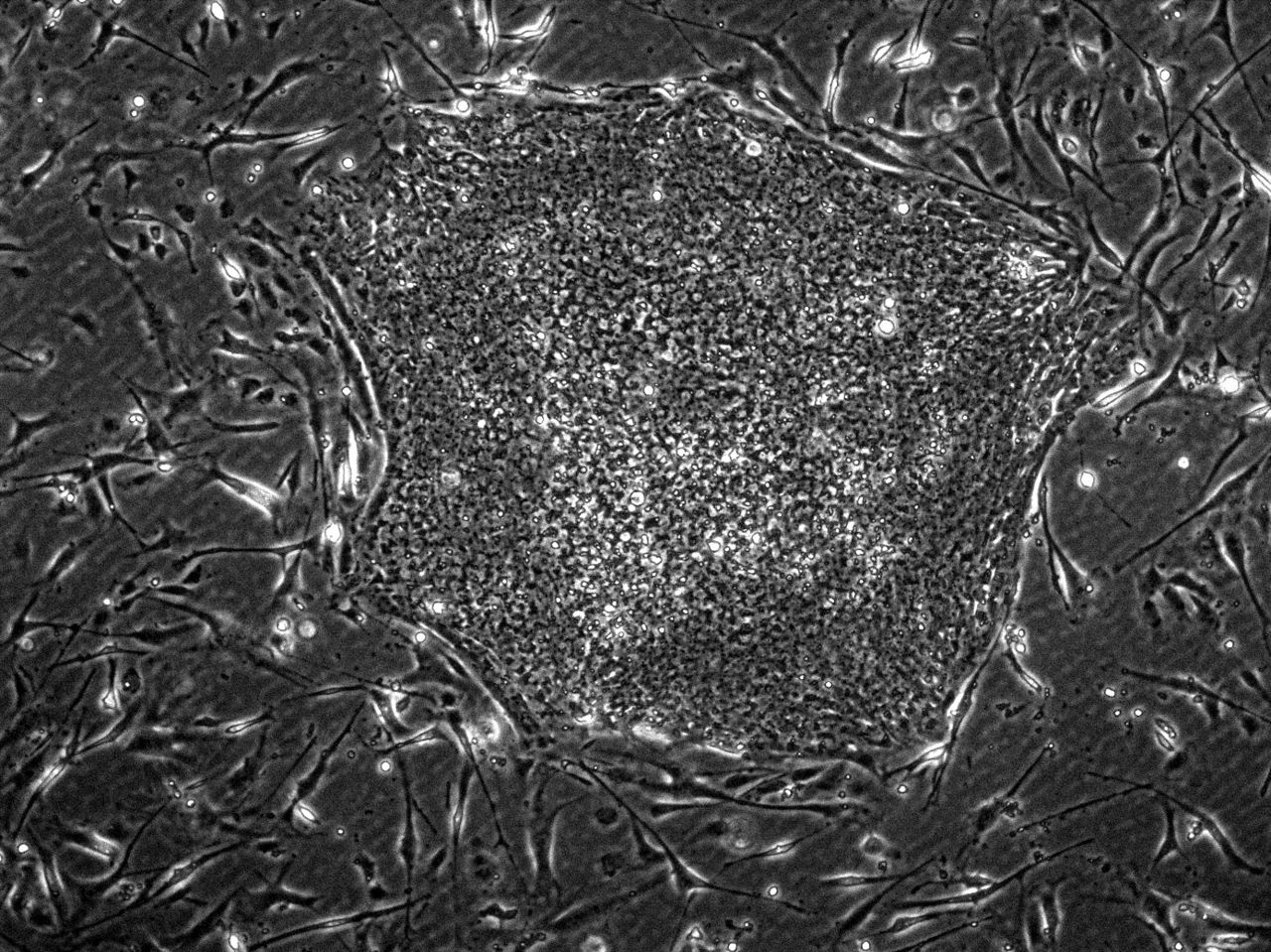
Need for Science Communication Module at School Level
- News
- 1.3K
Science communication is an integral part of our daily lives in modern times. Rapidly growing India needs more science communicators to let its people keep abreast of scientific and technological advancements. On the contrary, many science communication courses introduced at undergraduate and postgraduate levels in different Indian universities have either closed down or are on the verge of closure.
Is there a way to reverse the situation and help revive these courses in universities or academic institutions? An esteemed panel of scientists, journalists, and science communicators discussed this important issue in an online panel discussion, conducted as a part of the on-going tenth national science film festival of India. This year’s festival is jointly organized by Vigyan Prasar and Tripura State Council Of Science and Technology.
Dr. M Aslam Parvaiz, Former Vice-Chancellor Maulana Azad National Urdu University and chair of the panel discussion said “there is a need for science communication module at school level so that right from the beginning we can develop science communicators.” He also pointed out that at the higher studies level there is a need for the introduction of a ‘credit system’ for communicating science in the respective disciplines.
Talking on the other aspect, the festival convenor and scientist, VigyanPrasar, NimishKapoor, underlined the challenges in the path of science communication courses at the university level. He said that there was a need to change the perception of science, both at the societal level and in the media industry.
“At the university level, there are mainly two problems, the non-availability of good subject content and lack of good teachers to effectively impart lessons in science communication”, he submitted. “Lack of job opportunities for science communicators in the mainstream media and with scientific institutions is another reason behind the sad state of affairs for science communication in India”, observed NimishKapoor.
Taking the discussion forward, Rizwan Ahamd, Director, Instructional Media Center, Maulana Azad National Urdu University, Hyderabad, said that digital technology can play a crucial role in communicating science to the masses. “Mobile technology is a very powerful medium that can be a potential tool in communicating science. People basically know how to use the phone, we have to scale up people with some more skills” he said. Youtube and social media being hugely popular among youngsters, can be tapped for communicating science to the younger population.
Subha Das Mollick, media academician, writer, and documentary filmmaker said, “There is a need for change in the mindset to take the science communication forward. Different interesting media like science films, writing in regional languages and science fiction may be helpful in this”. She also mentioned that social media can play a pivotal role in this as it can be used to convey the science messages to a large number of people, in a subtle way. The mainstream media should create more space for science-related content” she added.
Dr. Subhash C. Thaledi, Programming Head, DD Uttarakhand, and Dr. Upendra Nath Pandey, Senior journalist, emphasized the need of communicating science in a jargon-free people’s language.
A senior scientist from the Department of Science and Technology, Dr. Pamposh Kumar said “It has been 25 years since The National Council of Science and Technological Communication (NCST) had taken the initiative of launching science communication courses across the country. Looking at the current situation, there is a need to further embolden them”.
Dr. Parvaiz in his concluding remarks highlighted the need for a separate science communication module for newsroom and journalists. “We are discussing this important issue when the new National Education Policy is being framed. The recommendations from this panel discussion may be submitted to the competent agencies for their consideration”, Dr. Parvaiz concluded.
The panel discussion was moderated by Dr. Anubhuti Yadav, Professor, Indian Institute of Mass Communication (IIMC), New Delhi. (ISW)
If you liked this article, then please subscribe to our YouTube Channel for the latest Science & Tech news. You can also find us on Twitter & Facebook


